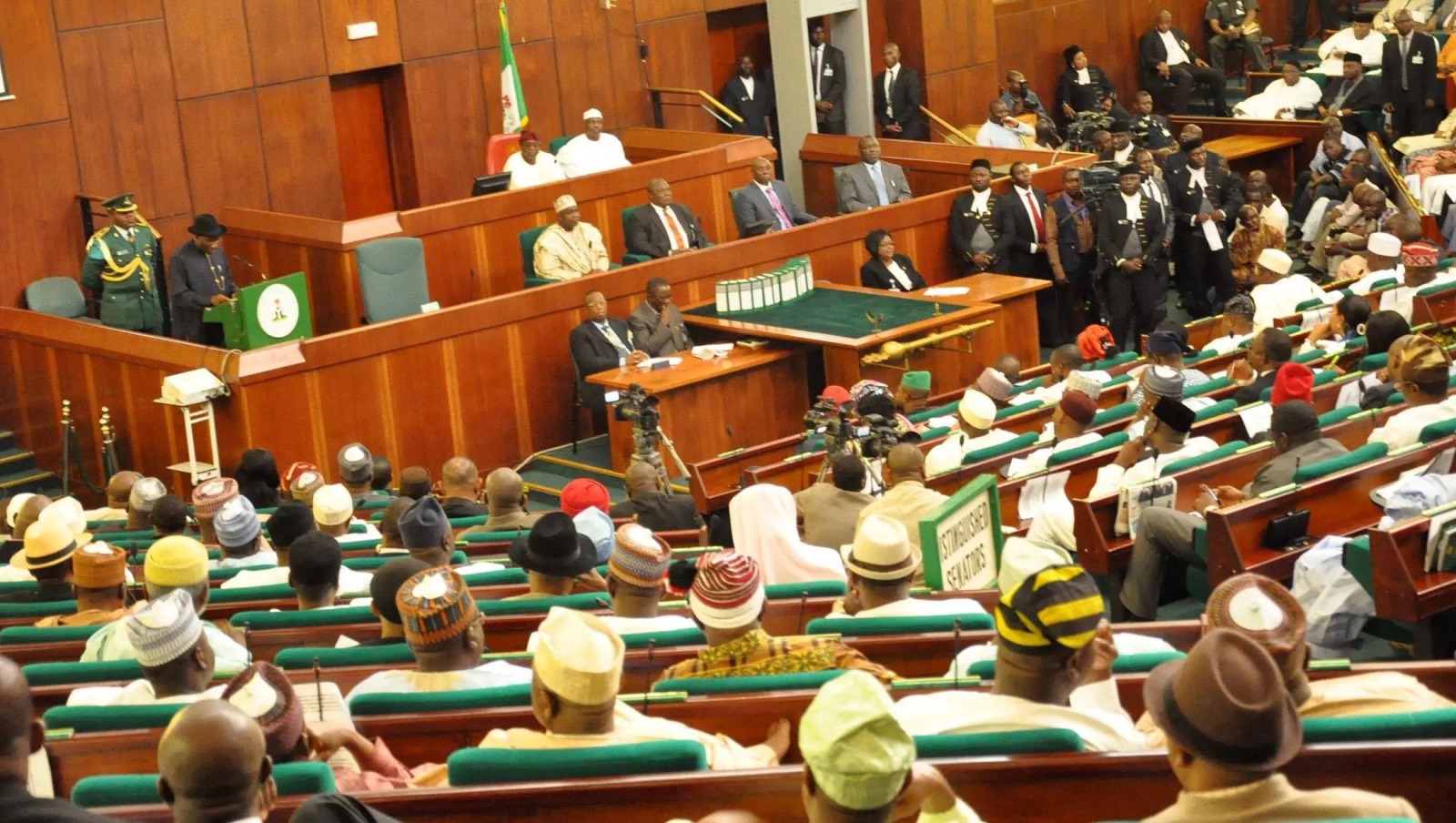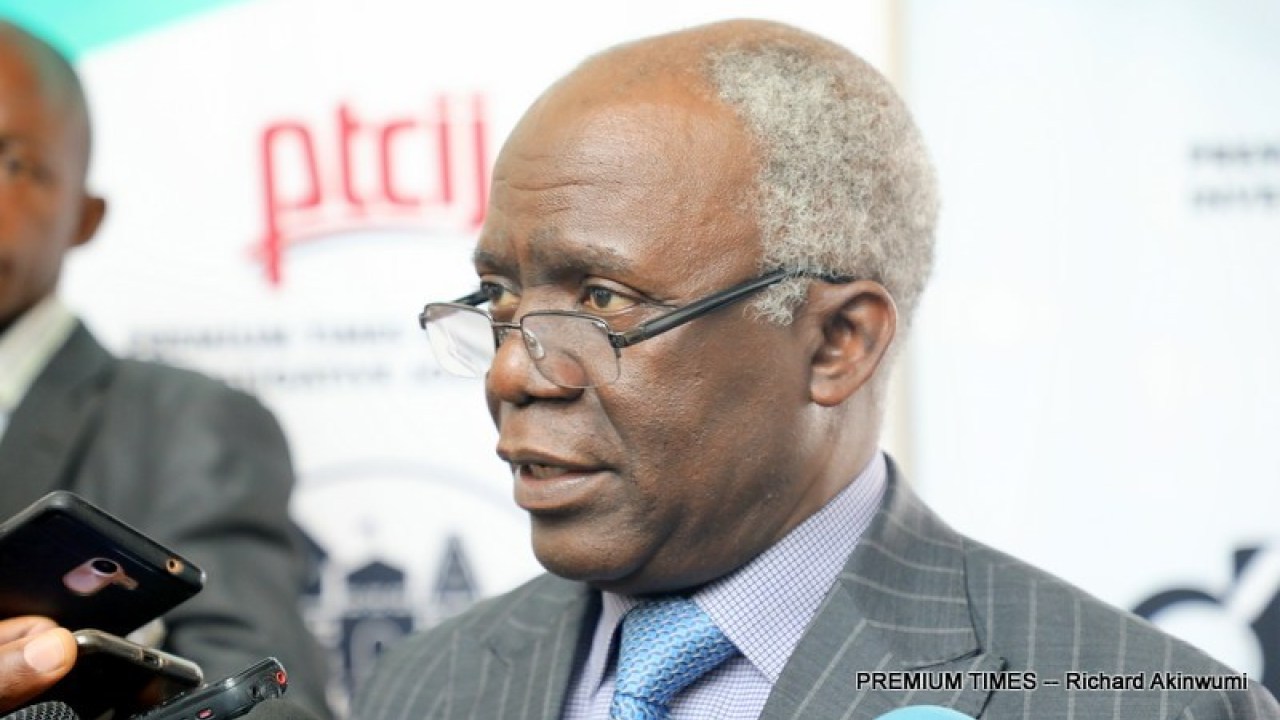[dropcap]I[/dropcap] took time to look at the NGO bill in details this morning after someone observed that item 57 on the bill actually excluded religious, ethnic or political organisations. It is also restricted to non for profit organisations.
I must confess that I am not a lawyer and I may be naive in my analysis, but certain thoughts came to me
1. Which laws or legislations were in place for regulation of NGOs prior to this bill and in what ways or intent do they differ from this new one?
2. Assuming you, or any committed Christian/Muslim becomes the president of Nigeria, would you be comfortable with say an NGO funded secretly by a terrorist organization home or abroad is operating without such restrictions?
3. The bill has a board with broad based membership from government officials, NGO representatives, and other neutral individuals, would all these people be blind to allow dictatorship?
4. The chairman of the board will be recommended by the sitting president and confirmed by NASS, does this not provide checks and balances?
5. The only area I have issues with is the aspect of de-registration of a group/organization by the decision of the Minister of Internal Affairs only. It should be amended such that organizations can contest their deregistration in a competent court of law.
7. It appears a number of abuses by NGOs and international donor agencies were also addressed in the bill which included:
A) Financial transparency and accountability
B) Identifying sources of funds to prevent terrorism and other interests inimical to the state
C) Matching of funds to the targeted population to avoid diversion
D) Syncing the objectives of the intervention to national developmental goals and objectives. Although this may introduce unnecessary bureaucracy and delays especially at the Ministry levels.
E. Community participation and ownership of the NGO interventions.
F) Placing a cap on the percentage of the funds that goes on overhead. This releases funds and materials to actual beneficiaries.
8. I also noticed that apart from the sanctions which everyone condemned, nobody commented on the privileges the bill confers on the organization like import waiver, tax relief etc.
My worries, however, are these:
1. It introduces another set of bureaucracy with the attendant paraphernalia of office and unnecessary bloating of the bureaucracy and increased cost of governance which already is prohibitive
2. It also creates avenue for super civil servants who would rather see this as an opportunity to feather their pockets and extort NGOs.
3. A rogue government or dictatorship can use this as an avenue to clamp down on real and perceived opposition.
4. The genuine regulations contained in this bill can be effectively incorporated in already existing acts and institutions like CAC, CAMA, and FIRS.
My recommendations:
1. A public hearing should be called by the NASS so that all concerns should be addressed and necessary amendments effected.
2. More power should be given to the competent court of law to regulate the implementation of the bill.
3. Government and his agencies should concentrate on implementing already extant rules and regulations instead of proliferating and duplicating responsibilities with the attendant increase in cost of governance.
Good morning and blessings.
Charles Adeyinka Adisa is a professor and an oncologist at the Abia State University Teaching Hospital (ABSUTH).
The opinions expressed in this article are solely those of the author.


![Reuben Abati: Plateau, Tsiga, and Trump [MUST READ] Uromi, 2024, cabinet reshuffle, EFCC, Power Sector, Supreme Court of Nigeria, Paris, Supplementary Elections, 2023, ELectricity, Saraki Na My Brother Dey There,mohammed adoke, violence Buhari june 12 Reuben Abati, APC, Impending](https://www.thetrentonline.com/wp-content/uploads/2017/08/Reuben-Abati-The-Trent-e1578410778201.jpg)
![Valentine Ozigbo: The Unstoppable Force Anambra State Needs [MUST READ] Valentine Ozigbo, Anambra State](https://www.thetrentonline.com/wp-content/uploads/2021/07/Valentine-Ozigbo-Official-Landscape-2-scaled-e1626791463322.jpg)
![Wanted: A Nigerian Statesman, By Emeka Monye [MUST READ] Nigeria Cheta Nwanze Democracy, Emeka Monye](https://www.thetrentonline.com/wp-content/uploads/2016/01/1966-Coup-Players-The-Trent-e1644149315279.jpg)

![Nigeria Expands Contactless Passport Renewal to Four More Countries [SEE DETAILS] passports](https://www.thetrentonline.com/wp-content/uploads/2023/07/Passport-The-Trent-sss-324x235.jpg)






